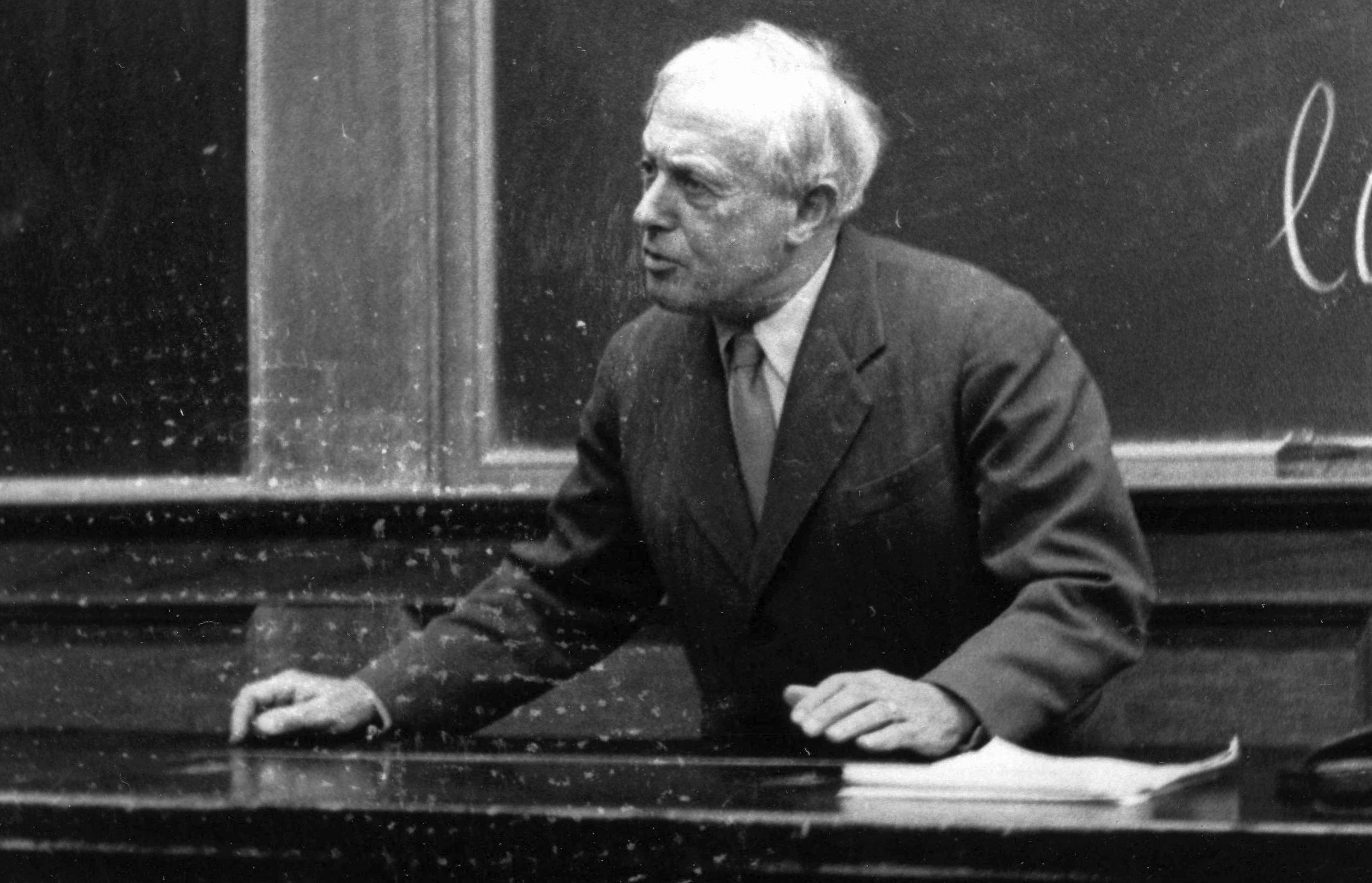Volume 17: Universal History (1956)
Nine 1-hour lectures, a fragment of the original course.
We are in the midst of a tremendous, real universal history. Who cares for the French history, or for English history? A secular story. They are of no importance, if you compare them to this tremendous 2,000 years of organized life in the form of the Holy Spirit, of this power to connect more than one generation of man in the same spirit, to bear fruit, where one generation sows, and the other harvests. This has not existed before, and it is threatened today.
—May 8,1956

Universal History (1956) comprises the last nine 1½-hour lectures in that year’s course, and primarily covers the Christian era. Lecture 6 is a brilliant evocation of the Holy Spirit; Lecture 9 describes the challenges Rosenstock-Huessy expects coming generations to face in the coming third millennium.
There are several lecture courses with this title.
All of them have the same premise as Out of Revolution, in that they seek to express the unity of history. But here Rosenstock-Huessy proclaims more than the unity of the 1,000 years of European history–he argues for the movement of the spirit through the entire history of mankind, “from Adam to the last judgment.” Our own story is told through the lives of our revolutionary ancestors: the tribes, the astrological empires, the Jews, and the Greeks, all of whom are honored not only for their enduring and continuing contributions to that history, but for having once and for all broken new ground.
Rosenstock-Huessy defends both the existence and the meaning of the Christian era. Indeed he names Christ as the turning point of history, the culmination of the yearnings of the ancient world and the redemption of its achievements, as well as the cornerstone of our hopes for the unity of mankind. Like Augustine before him, he sees the four ages of the ancient world succeeded by the millennia of the Christian era, in which one God superseded the many gods, one world was forged out of our competing empires and nations, and one great society is to be born of our many warring social forms. The history of mankind is retold as relay race in which each age or generation enters, claims, and incorporates new territory.
The series also addresses the arts and sciences, Judaism and Christianity as historical forces, the mind, nature, epochs, the Gospels, Church and State, generations, and holidays.
